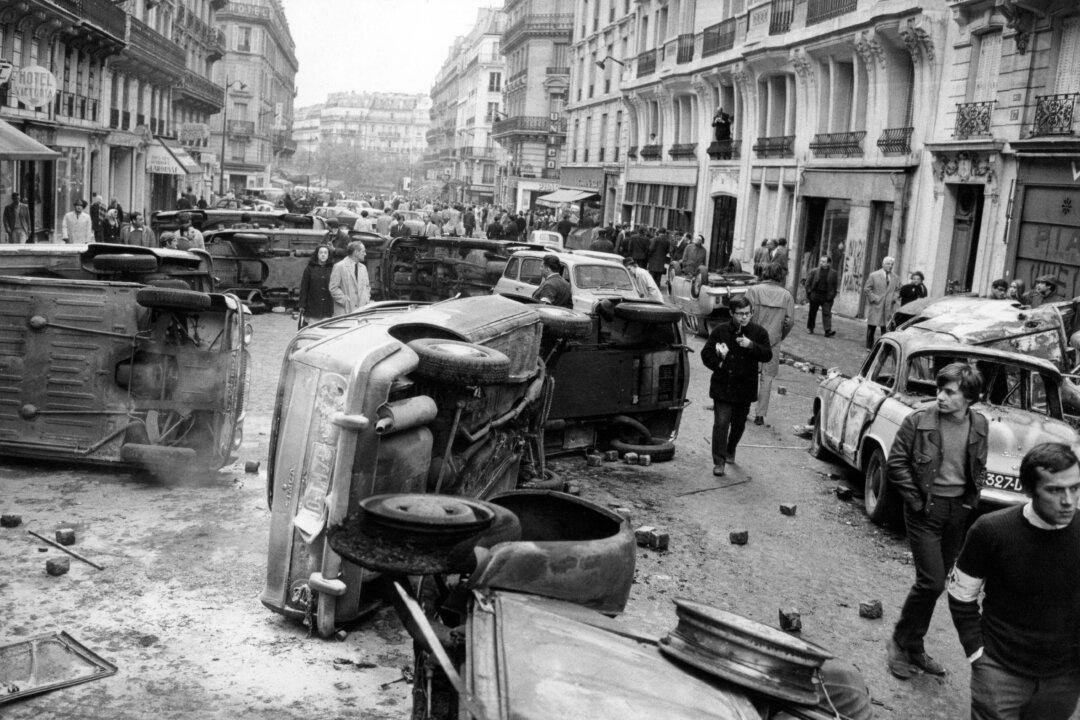Commentary
It would seem the spirit of France’s infamous 1968 revolt, with all its delusions and lawlessness being imposed onto polite society, has been allowed to run Canadian politics of late.

It would seem the spirit of France’s infamous 1968 revolt, with all its delusions and lawlessness being imposed onto polite society, has been allowed to run Canadian politics of late.